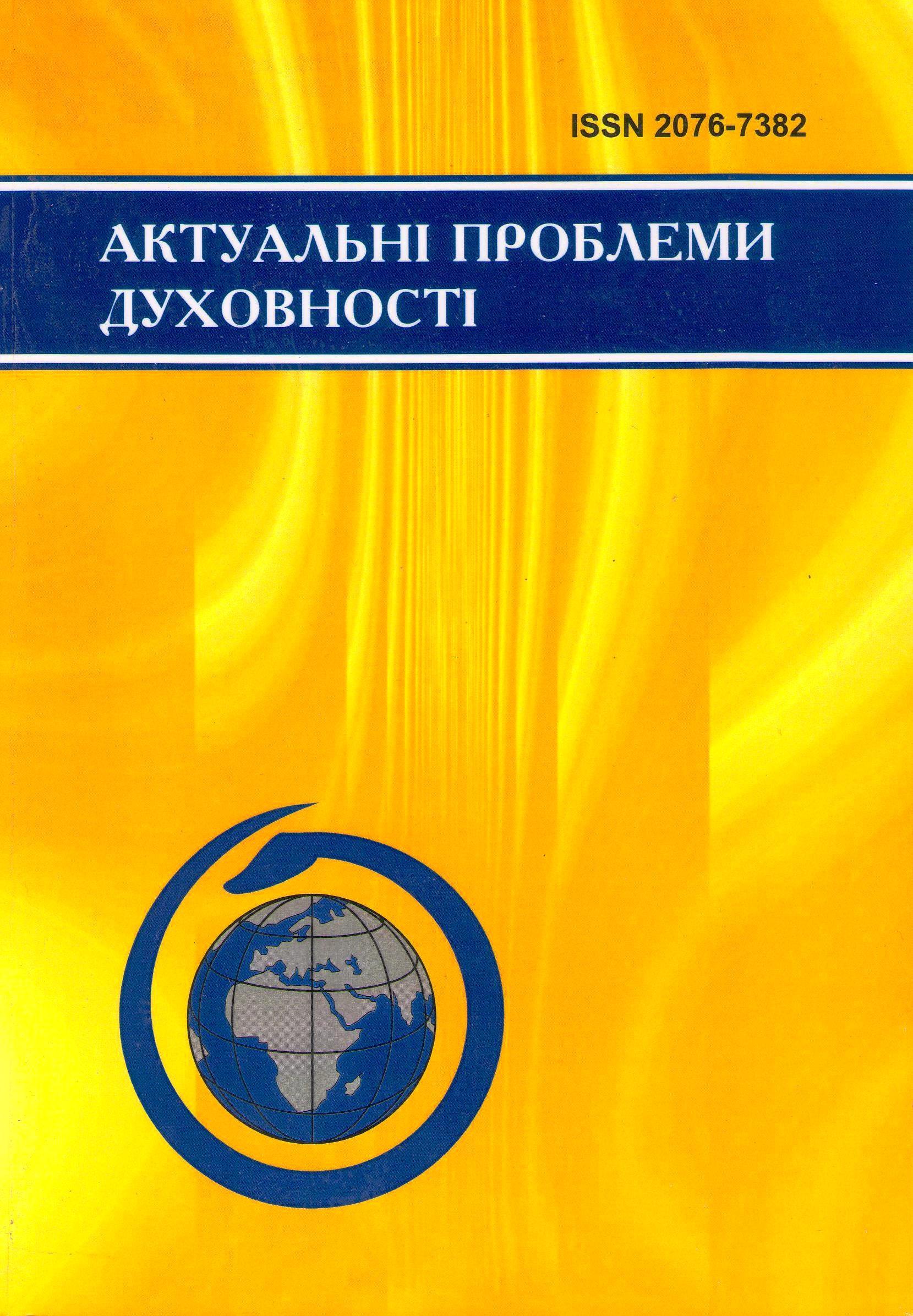Коли не працює критичне мислення і для чого нам здоровий глузд
DOI:
https://doi.org/10.31812/apd.v0i21.4371Ключові слова:
критичне мислення, здоровий глузд, раціональність, критична настанова, стереотип, очевидністьАнотація
Ідея критичного мислення набрала популярності, оскільки людина потребує методів якісної і швидкої обробки інформації. Але критичне мислення спрацьовує не завжди. Каркас методів, не наповнений достатнім знаннєвим змістом, не є самодостатнім і не вирішує проблему орієнтації в умовах надлишку інформації, факти залежать від інтерпретації, а не все в людському світі піддається систематизації. Раціональність, впорядкованість і систематичність в людській діяльності представлені на досить високих масштабах і виступають скоріш орієнтирами, але не опорою у повсякденності. Буденне сприйняття інформації передбачає швидке реагування і тим самим відрізняється від якісного розмірковування, якого потребує критичне мислення. Відтак, найчастіше стереотип виявляється набагато кращим помічником, аніж критична настанова, яка часто реалізується ретроспективно. Таким чином, критичне мислення має певні перешкоди. Ці перешкоди можуть бути подолані за допомогою використання здорового глузду. Порівняно з критичним мисленням здоровий глузд постає не настільки раціональним і методичним, але не менш важливим чинником оцінки інформації і прийняття рішень та суттєвим чинником суспільності. Здоровий глузд постає як певне відчуття власної адекватності і доречності у суспільних практиках, дозволяє здійснювати суб’єктивні судження, що є загальними для всіх, відображає почуття суспільного блага і спільного інтересу. Здоровий глузд виконує важливу функцію усвідомлення загальної норми, регулює допустимі відхилення від неї, а в індивідуальному плані постає передумовою людської здатності до усвідомлення нормальності. У гносеологічному аспекті здоровий глузд продукує відправні і кінцеві точки міркування, забезпечує можливість досягнення інтерсуб’єктивного знання, а також відіграє роль своєрідного методу пізнання, в основі якого лежить простота, природність і доступність.
Завантажити
Посилання
Arendt H. Lekcii po politicheskoj filosofii Kanta. – Sankt-Peterburg : Nauka, 2011.
Bergson A. Zdravyj smysl i klassicheskoe obrazovanie // Bergson A. Izbrannoe: Soznanie i zhizn. – Moskva : ROSSPEN. – S. 245-254.
Viko Dzh. Osnovaniya Novoj nauki ob obshchej prirode nacij. – Moskva-Kyiv : «REFL-book»-«ISA», 1994.
Gadamer H.-G. Istina i metod: Osnovy filos. Germenevtiki: Per. s nem. / Obshch. red. i vstup. st. B. N. Bessonova. – Moskva : Progress, 1988.
Dekart R. Razyskanie istiny posredstvom estestvennogo sveta / Rene Dekart. Sochineniya v 2 t.: Per. s lat. i franc. – Moskva : Mysl, 1989. — T. 1.
Kant I. Sochineniya na nemeckom i russkom yazykah. – Moskva : Nauka, 2001. — T. 4.
Kozachenko N.P. Krytychne myslennya: granychni pidhody ta optymalni shliahy // Aktualni problemy duhovnosti: zb. nauk. prac / Red.: Ya.V. Shramko. – Kryvyi Rig, 2017. – Vyp. 18. – S. 165-178.
Kont-Sponvil A. Filosofskij slovar / Per. s fr. E.V. Golovinoj. – Moskva : Eterna, 2012.
Luk A. O pamyati, emociyah, chuvstvah; yumore, ostroumii, tvorchestve; ob ume i gluposti; o lyubvi. – Kiev – Moskva – Frankfurt-na-Majne, 2017.
Migurenko R.A. Zdravyj smysl kak predmet filosofskoj refleksii // Vestnik Tomskogo gosudarstvennogo universiteta. – 2013. – No 370. – S. 38-45.
Mur Dzh. Zashchita zdravogo smysla // Analiticheskaya filosofiya: Stanovlenie i razvitie (antologiya). – Moskva : Dom intellektualnoj knigi, 1998. – S. 130-155.
Rid T. Issledovanie chelovecheskogo uma na principah zdravogo smysla. – Sankt-Peterburg : Aletejya, 2000.
Santayana Dzh. Skepticizm i zhivotnaya vera. – Sankt-Peterburg : Vladimir Dal, 2001.
Spinoza B. Etika. – Minsk : Harvest ; Moskva : AST, 2001.
Slovar terminov i ponyatij po obshchestvoznaniyu. Avtor-sostavitel A.M. Lopuhov. 7-e izd. pereb. i dop. – Moskva, 2013.
Slovnyk ukrayinskoyi movy: v 11 tomah. – Tom 2, 1971.
Sheftsberi E.E.K. Sensus communis, ili opyt o svobode ostrogo uma i nezavisimogo raspolozheniya duha (v pis’me drugu). – Moskva : Iskusstvo, 1975. – S. 273-330.
Yakovleva L.I. Metod zdravogo smysla i ego socialnaya missiya // Vestnik Moskovskogo universiteta. Seriya 7. Filosofiya. – 2009. – No 3. – S. 3-25.
Yakovleva L.I. Ponyatie zdravogo smysla i tradiciya, ego konstituiruyushchaya // Vestnik Moskovskogo universiteta. Seriya 7. Filosofiya. – 2007. – No 4. – S. 29-49.
Geertz C. Local Knowledge: Further Essays in interpretive Anthropology. – New York : Basic Books, 1983. Part ii., Ch. 4.
Lewis C.S. Studies in Words. – Cambridge : Cambridge University Press, 1960.
Завантаження
Опубліковано
Номер
Розділ
Ліцензія
Авторське право (c) 2020 Nadiia Kozachenko

Ця робота ліцензується відповідно до ліцензії Creative Commons Attribution 4.0 International License.





